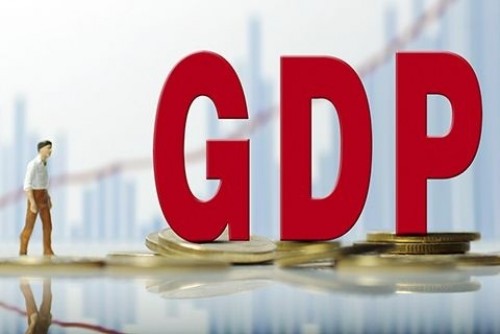Credit worthiness of India, others in APAC to be stable: Moody``s

Follow us Now on Telegram ! Get daily 10 - 12 important updates on Business, Finance and Investment. Join our Telegram Channel
The credit worthiness outlook for sovereigns in the Asia-Pacific (APAC) region, including India for 2023 is stable as compared to the negative outlook for sovereigns globally, said credit rating agency Moody's Investors Service on Monday.
In its latest report Moody's said, the debt sustainability and financial stability are relatively well anchored in the region, with contained government liquidity risks, broadly stable debt dynamics and generally sound external positions.
According to Moody's the gross domestic product (GDP) growth will stabilise close to potential levels and outperform other regions, despite higher global inflation and tighter financial conditions.
Most sovereigns have begun fiscal consolidation, but social pressures are slowing progress.
As regards India, which is in post-pandemic recovery mode, Moody's expects output gaps to continue.
The debt affordability has been anchored in India, Malaysia and Thailand as they have a large institutional investor base and banking systems, the rating agency said.
According to the report, elevated commodities prices will keep spending on food and fuel subsidies or other measures high, with little impetus to reduce support, particularly for economies with elections approaching in 2023 or early 2024, including Bangladesh and India.
The fiscal deficits for most governments in the region are likely to be equivalent to or near their debt-stabilising fiscal balance. Debt burdens will continue to rise, or stabilise at higher levels in countries such as India and Malaysia, Moody's said.
The rating agency said debt affordability will fall from generally robust levels as interest rates rise and will be manageable for most in the region.
Key risks relate to weaker economic growth for longer in China; acute credit strains for lower-rated frontier markets that will continue to face heightened liquidity and currency depreciation pressures; and domestic politics and geopolitics.












 320-x-100_uti_gold.jpg" alt="Advertisement">
320-x-100_uti_gold.jpg" alt="Advertisement">












